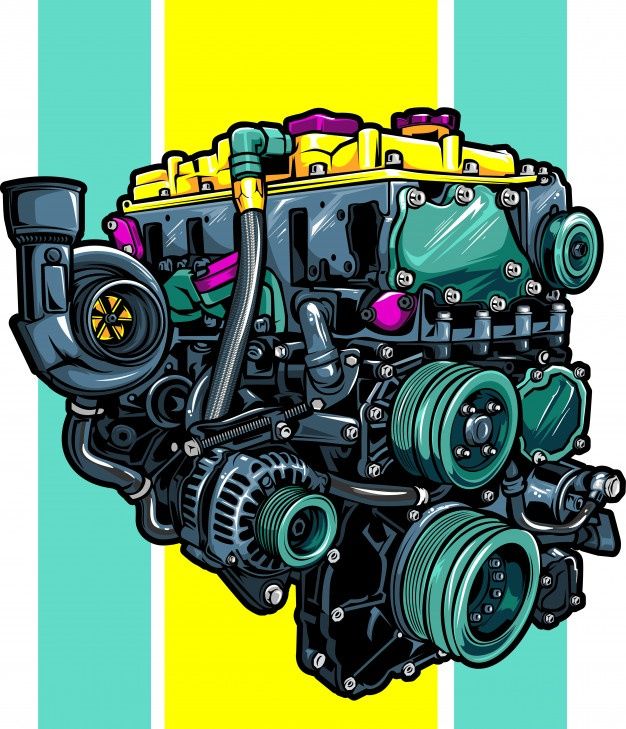By Adoglo Metohuey
Africa is embarking on an exciting journey towards a sustainable future with the development of green energy-powered engines. This shift towards cleaner and more efficient transportation is driven by a desire to reduce carbon emissions, combat climate change, and create a greener environment.
Read More: Addressing Gaps by Empowering a New Generation of Changemakers
The positives of green energy-powered engines are numerous. First and foremost, they offer significant environmental benefits by reducing greenhouse gas emissions. This contributes to mitigating the impacts of climate change and improving air quality, thereby enhancing the overall well-being of communities. Additionally, the use of renewable energy sources such as solar, wind, and biofuels reduces dependence on fossil fuels, fostering energy independence and security.
Expectations surrounding the development of green energy-powered engines in Africa are high. It is anticipated that this transition will not only drive technological advancements but also create new job opportunities and stimulate economic growth. The growth of a domestic green energy industry can foster innovation, research, and development, attracting investments and promoting sustainable entrepreneurship.
In Africa, various motor companies and countries are actively involved in the development of green energy-powered engines.
Tesla: The renowned American electric vehicle manufacturer, aims to introduce electric vehicles and charging infrastructure across the continent.
Mobius Motors: Kenya-based Mobius Motors designs affordable electric and hybrid vehicles tailored for African markets.
Nissan: Has promoted electric mobility by launching the Nissan LEAF and establishing charging infrastructure in select African countries.
North African Economic power houser Morocco stands out for its renewable energy initiatives, including plans to develop electric vehicles and charging infrastructure. South Africa attracts companies like BMW, Nissan, and Jaguar Land Rover, which manufacture electric and hybrid vehicles while investing in battery technology and sustainable mobility solutions. These collaborations drive the adoption of green energy-powered engines, contributing to sustainable transportation in Africa.
Read More: Diving Deep: Unveiling the Underwater World of Internet Cables in Africa
However, the journey towards a sustainable future is not without its challenges. One significant obstacle is the initial cost of adopting green energy-powered engines. The investment required for infrastructure, manufacturing facilities, and vehicle conversion can be substantial, posing a barrier to widespread adoption.
To overcome these challenges, collaboration among stakeholders is crucial. Governments, private companies, research institutions, and international organizations need to work hand in hand to create an enabling environment for green energy-powered engines. This includes implementing supportive policies, providing financial incentives, and investing in research and development.
Read More: Navigating Challenges –Empowering Africa’s Incubation Hubs
Africa’s pursuit of a sustainable future through the development of green energy-powered engines is commendable. The positives are vast, ranging from environmental benefits to economic opportunities. While challenges exist, they can be overcome through collaborative efforts and strategic interventions. With the right approach, Africa has the potential to become a global leader in green transportation, driving positive change and setting an example for the rest of the world.
